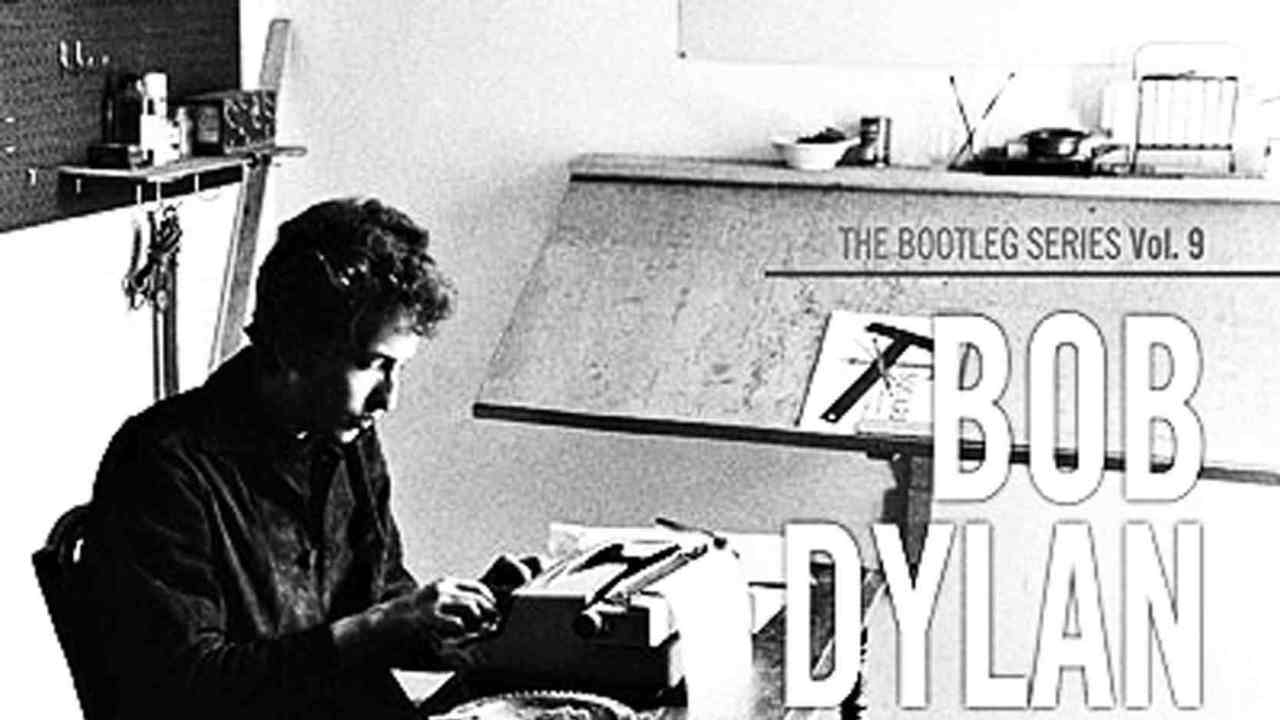You can trust Louder
For half a century we’ve watched the incarnations of Bob Dylan – the folkie, the rocker, the surrealist, the country singer, the Christian, even the millionaire who sold Love Sick to Victoria’s Secret for a TV commercial. None of these, though, can rival his first appearance.
The college dropout from Minnesota, barely in his 20s, posing as a Second Coming of Woody Guthrie, would have scarcely been plausible, except that he arrived in New York with a bag of more than 40 songs ranging from derivative to brilliant. These Witmark demos have been a mainstay of Dylan bootlegs for as long there have been bootlegs, but this new official, cleaned-up, digitised box-set gives the work a previously unequalled impact.
As a recording artist, Dylan was hardly embraced by a record business still geared to The Four Seasons, and history might have been radically different had he not been championed by John Hammond, who also nurtured the careers of Robert Johnson, Billie Holiday, Aretha Franklin, Leonard Cohen and, later, Bruce Springsteen and Stevie Ray Vaughan. Even so, behind the great producer’s back, Columbia execs referred to Dylan as “Hammond’s folly”. Music publishers, on the other hand, recognised Dylan as a monstrously prolific songwriting talent, and both Leeds Music and M Witmark & Sons gave him studio time, between 1962 and 1964, to cut these demos, mainly as samples for other artists. Peter, Paul And Mary had a huge hootenanny hit with Blowin’ In The Wind, while Judy Collins and ultimately Elvis Presley covered Tomorrow Is A Long Time.
The conjured image is one of Dylan compulsively scrawling lyrics and chords on random scraps of paper. First shots at early classics include A Hard Rain’s A-Gonna Fall, Masters Of War, When The Ship Comes In, The Times They Are A-Changin’, and even Mr. Tambourine Man, which he wouldn’t actually record until his fifth album.
We also see young Bob shamelessly grafting new lyrics on to existing traditional tunes. A Hard Rain’s A-Gonna Fall and Masters Of War are both based on medieval English ballads, while, at the other extreme, Poor Boy Blues is a bizarre folked-up version of Howlin’ Wolf’s Smokestack Lightning.
But the larceny and lapses only underscore Bob Dylan’s furious creativity, and humanise this unique document of a young man making an eternal mark.
Sign up below to get the latest from Classic Rock, plus exclusive special offers, direct to your inbox!

